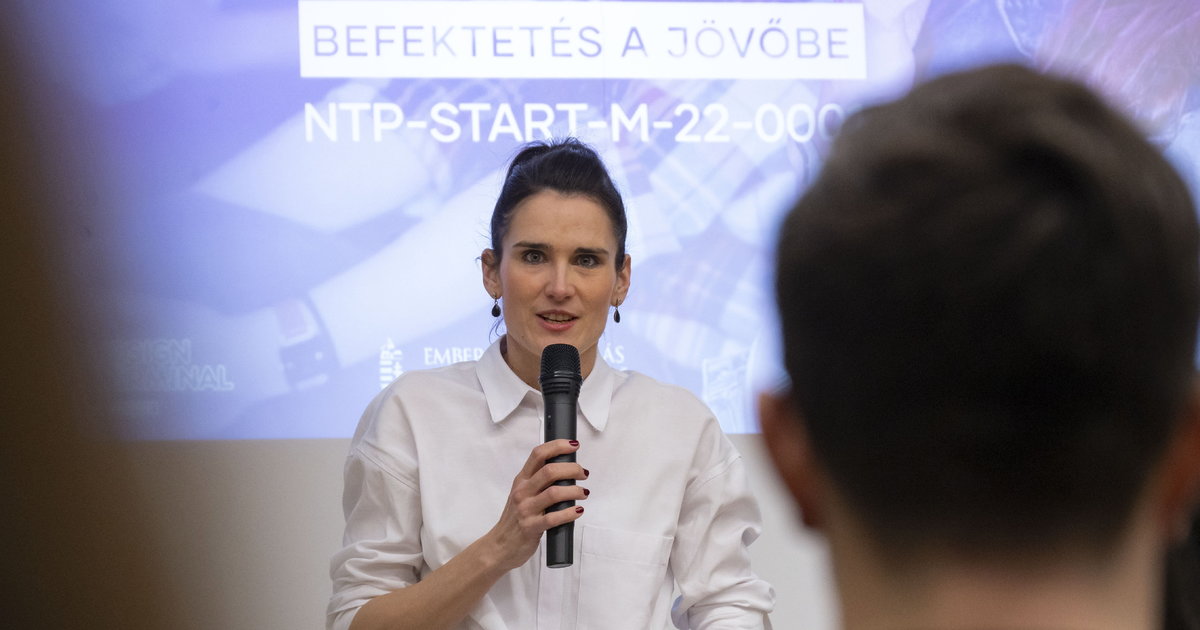When was Hungary closest to Western-type consumer society? | G7
This time we go back to the roots of today’s modern world, and from the industrial revolution onwards, let’s look at how production developed in today’s mass when Hungary was closest to Western-type consumer society.
With the help of János Botos, economic historian, professor and Ádám Pásztory, head of OTP Bank’s Financial History Collection, we will discuss 150 years of global and Hungarian industrial and economic history, with a view to possible future scenarios.
You can listen to the conversation on any podcast player or by clicking here:
With digitalisation in the numbering of industrial revolutions, we are already at 4.0, which is no longer inseparable from the concept of sustainability, the model of the circular economy – so the steam engine and the electric car are not that far away. Especially since the latter already existed in the late 19th century.
The radical changes made history possible by three things – we needed an energy source that is the basis of mass production, we needed inventions and products that were suitable for mass production according to the concepts of that time. The third factor is the emergence of solvent demand, for customers who can buy the quantity produced in this way.
In Hungary, the Industrial Revolution unfolded after the Compromise period, in the 1870s. In the economic hand of the Habsburg Empire, industry went to the Czech Republic and neighboring Austrian regions, and Hungary got agriculture – it started with the development of industry and transport, the emergence of investment banks, which provided essential financing for the construction of high-investment factories and railways.
During this period, even on a European scale, a dense railway network and a steam-powered industry reflected a common political and social will. The greatest lesson from this today, in 2021, is that as long as politics does not have a mandate, there is no common social will, innovation is not necessarily moving in the direction of sustainability.
Many members of the next generation are angry, frustrated, and incomprehensible to the fact that previous generations have done irreparable damage to our common world. However, there is a way out of the current situation, because although one can adapt to the most extreme conditions – if we make smart decisions now, our children and grandchildren will have to change and adapt less radically and sometimes painfully.
Creating a podcast is OTPedia supported.
Podcast Sponsored Content Sustainability Economic History Industrial Revolution Environmental OTP Podcast Read more




